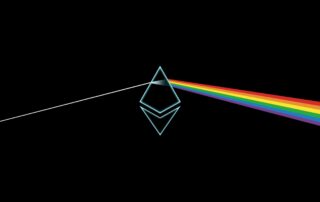Aaron Wright
More from this author
Making token sales smart
One of the core benefits of blockchains is that they enable you to transfer assets to anyone around the globe. These assets can be native “protocol tokens,” like bitcoin or ether. They can be “app tokens,” which are managed by small computer scripts running on the Ethereum blockchain known as smart contracts. Or tokens can represent real world assets, like a barrel of oil, diamonds, stocks, bonds, investment securities, a piece of machinery, or even a contract itself (e.g., a lease, deed, or title to property). Ethereum makes it relatively easy to create tokens. With less than a hundred lines of code, a software developer can create an ERC20 token, deploying a smart contract program on Ethereum that keeps track of who owns a given token at a particular point in time. Over the past several years, ERC20 tokens have taken the world by storm, with over $1.8 billion in tokens sold to date.
